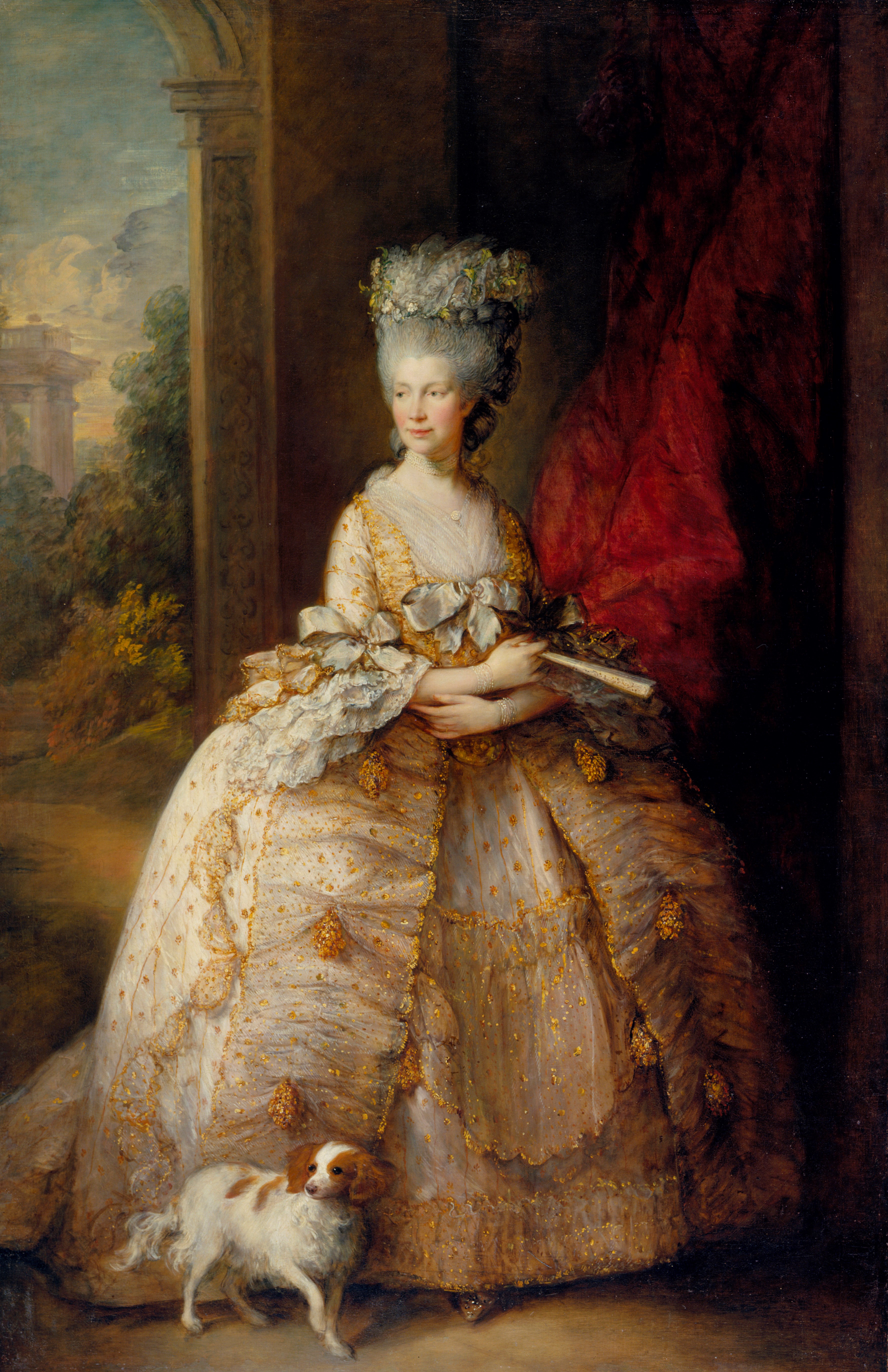|
Robyn MacPhee
Robyn MacPhee (born August 11, 1983 in Charlottetown, Prince Edward Island, also known as Robyn Green) is a Canadian curling, curler. Curling career MacPhee played for Prince Edward Island at the 1999 Canada Games, finishing 12th. MacPhee played both second and third for Suzanne Birt (née Gaudet) during their junior careers. Playing second for the team, she won the 2001 Canadian Junior Curling Championships and a gold at the 2001 World Junior Curling Championships. At the 2002 Canadian Junior Curling Championships, 2002 Canadian Juniors, MacPhee played third for the team, and they won another Canadian Junior championship and a bronze at the 2002 World Junior Curling Championships, World Junior Championships. After juniors, MacPhee remained on Birt's team, and would play second once again. The team won the provincial women's title in 2003 and would lose in the semi-final at the 2003 Scott Tournament of Hearts. MacPhee left Birt's team afterwards and joined up with her sister ... [...More Info...] [...Related Items...] OR: [Wikipedia] [Google] [Baidu] |
Charlottetown
Charlottetown is the capital and largest city of the Canadian province of Prince Edward Island, and the county seat of Queens County. Named after Queen Charlotte, Charlottetown was an unincorporated town until it was incorporated as a city in 1855. It was the site of the famous Charlottetown Conference in 1864, the first gathering of Canadian and Maritime statesmen to discuss the proposed Maritime Union. This conference led, instead, to the union of British North American colonies in 1867, which was the beginning of the Canadian confederation. PEI, however, did not join Confederation until 1873. From this, the city adopted as its motto ''Cunabula Foederis'', "Birthplace of Confederation". The population of Charlottetown is estimated to be 40,500 (2022); this forms the centre of a census agglomeration of 83,063 (2021), which is roughly half of the province's population (160,302). History Early history (1720–1900) The first European settlers in the area were French; perso ... [...More Info...] [...Related Items...] OR: [Wikipedia] [Google] [Baidu] |
2002 Canadian Junior Curling Championships
The 2002 Kärcher Canadian Junior Curling Championships were held January 19–27 at the Silver Fox Curling and Yacht Club and at Cahill Stadium in Summerside, Prince Edward Island. The winning teams represented Canada at the 2002 World Junior Curling Championships. Men's Teams Standings Results Draw 1 Draw 2 Draw 3 Draw 4 Draw 5 Draw 6 Draw 7 Draw 8 Draw 9 Draw 10 Draw 11 Draw 12 Draw 13 Draw 14 Draw 15 Draw 16 Draw 17 Draw 18 Playoffs Semifinal Final Women's Teams Standings Results Draw 1 Draw 2 Draw 3 Draw 4 Draw 5 Draw 6 Draw 7 Draw 8 Draw 9 Draw 10 Draw 11 Draw 12 Draw 13 Draw 14 Draw 15 Draw 16 Draw 17 Draw 18 Playoffs Tiebreaker Semifinal Final Qualification Ontario The Teranet Ontario Junior Curling Championships were held January 2–6 at the Union ... [...More Info...] [...Related Items...] OR: [Wikipedia] [Google] [Baidu] |
Living People
Related categories * :Year of birth missing (living people) / :Year of birth unknown * :Date of birth missing (living people) / :Date of birth unknown * :Place of birth missing (living people) / :Place of birth unknown * :Year of death missing / :Year of death unknown * :Date of death missing / :Date of death unknown * :Place of death missing / :Place of death unknown * :Missing middle or first names See also * :Dead people * :Template:L, which generates this category or death years, and birth year and sort keys. : {{DEFAULTSORT:Living people 21st-century people People by status ... [...More Info...] [...Related Items...] OR: [Wikipedia] [Google] [Baidu] |
Canadian Women Curlers
Canadians (french: Canadiens) are people identified with the country of Canada. This connection may be residential, legal, historical or cultural. For most Canadians, many (or all) of these connections exist and are collectively the source of their being ''Canadian''. Canada is a multilingual and multicultural society home to people of groups of many different ethnic, religious, and national origins, with the majority of the population made up of Old World immigrants and their descendants. Following the initial period of French and then the much larger British colonization, different waves (or peaks) of immigration and settlement of non-indigenous peoples took place over the course of nearly two centuries and continue today. Elements of Indigenous, French, British, and more recent immigrant customs, languages, and religions have combined to form the culture of Canada, and thus a Canadian identity. Canada has also been strongly influenced by its linguistic, geographic, and ec ... [...More Info...] [...Related Items...] OR: [Wikipedia] [Google] [Baidu] |
